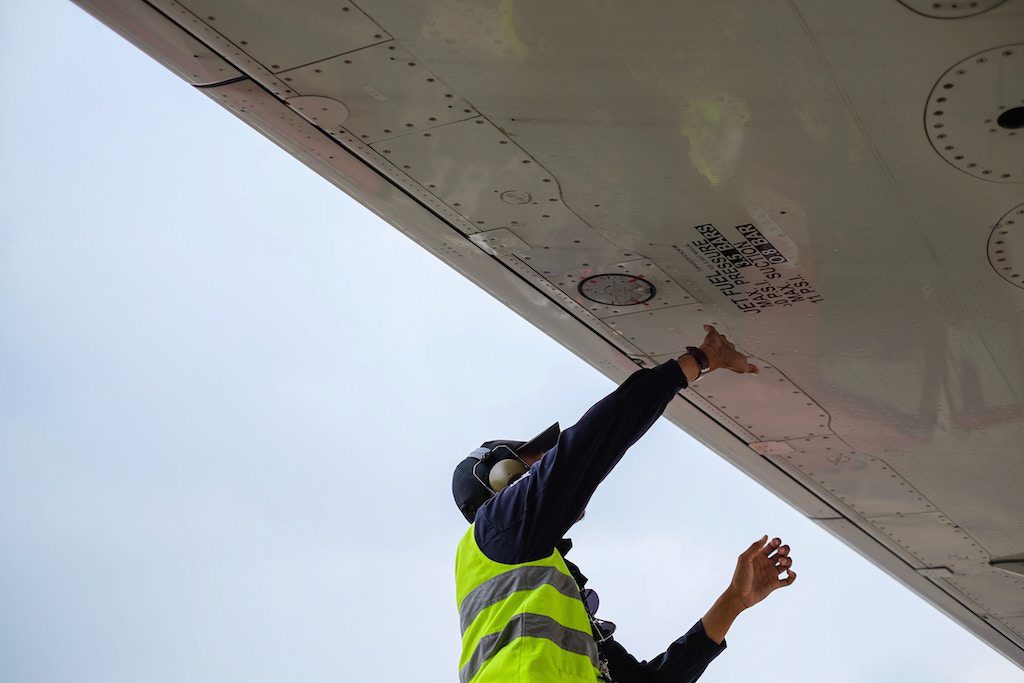Skift Take
Smart technology is increasingly improving how airlines, railways, and other sectors ensure smooth experiences for travelers. For travel companies using these cognitive systems, that means saving time and costs, reducing delays, and optimizing efficiency.
This sponsored content was created in collaboration with a Skift partner.
We recently launched a Skift Video in partnership with IBM, What The Rise of Cognitive Tech Means for Travelers, which explores the travel industry’s shift into this new era of machine-learning tech.
Cognitive computing—or artificial intelligence that uses natural language processing and machine learning to enable more natural interaction—is making strides in the travel industry by helping employees provide a better customer experience and planning smarter trips for travelers. But cognitive computing systems, such as IBM Watson, are also helping companies track, analyze, and predict data in order to make smart decisions about their operations and maintenance processes.
Travel companies that use cognitive have been able to reduce delays, scale expertise, and optimize effectiveness across their enterprises by discovering signals in their data. Korean Air has used Watson to learn more about the average lifespan of parts and materials that make up the airplane’s sub-assemblies. By scanning vast amounts of structured and unstructured historical maintenance data (e.g. inventory, troubleshooting, material cost data, in-flight incident history), IBM’s technology helped Korean Air ultimately spend less time fixing things and improving operational efficiency.
Korean Air also reduced cost and optimized parts inventory by using cognitive to speed up inspections. More than 200,000 maintenance cases were addressed 90 percent faster than previous. With Watson, technicians can save time searching for unknown issues and get near real-time insights on the root causes and solutions of issues.
Airlines are not the only travel companies using Watson analytics to help improve operations and maintenance. Railways are also taking advantage of cognitive technology to listen to the sound of every train car wheel and detect possible cracks. IBM’s analytics also measure new forms of data by analyzing temperature, vibration and alignment. Watson has helped railways in the U.S., Taiwan and Switzerland proactively analyze 100,000 data points every day to avoid delays and prevent derailments.
Whether being used by airlines or railways, Watson is enhancing the way companies handle maintenance with unstructured data, natural language search, and building new smart databases—which can help identify new patterns, symptoms and repeating effects. By learning from both older and new data, Watson can build new databases as well. It’ll access a company’s data to find similar issues in the past and compare that information to technical guidelines that’ll provide additional information on necessary materials and fixing time. Once the issue is fixed, Watson will add that data to its database for future reference.
Improved maintenance and operations are not just beneficial to mechanics and reducing operationational cost, but are also beneficial to travelers. The less time maintenance employees spend searching for faulty equipment, the more time travel companies can spend getting people to their destination safely and on time. Cognitive computing already offers great solutions, but it has even more potential that can transform any travel company, big or small.
We’re at the dawn of the cognitive era for the travel industry, with adoption by global players across sectors well underway. To learn more about this transformation, visit IBM Travel & Transportation, featuring case studies from airlines, airports, hotels, railways and freight companies.
This content was created collaboratively by IBM and Skift’s branded content studio, SkiftX.
Have a confidential tip for Skift? Get in touch
Tags: artificial intelligence, digital, ibm, IBM Watson, technology

